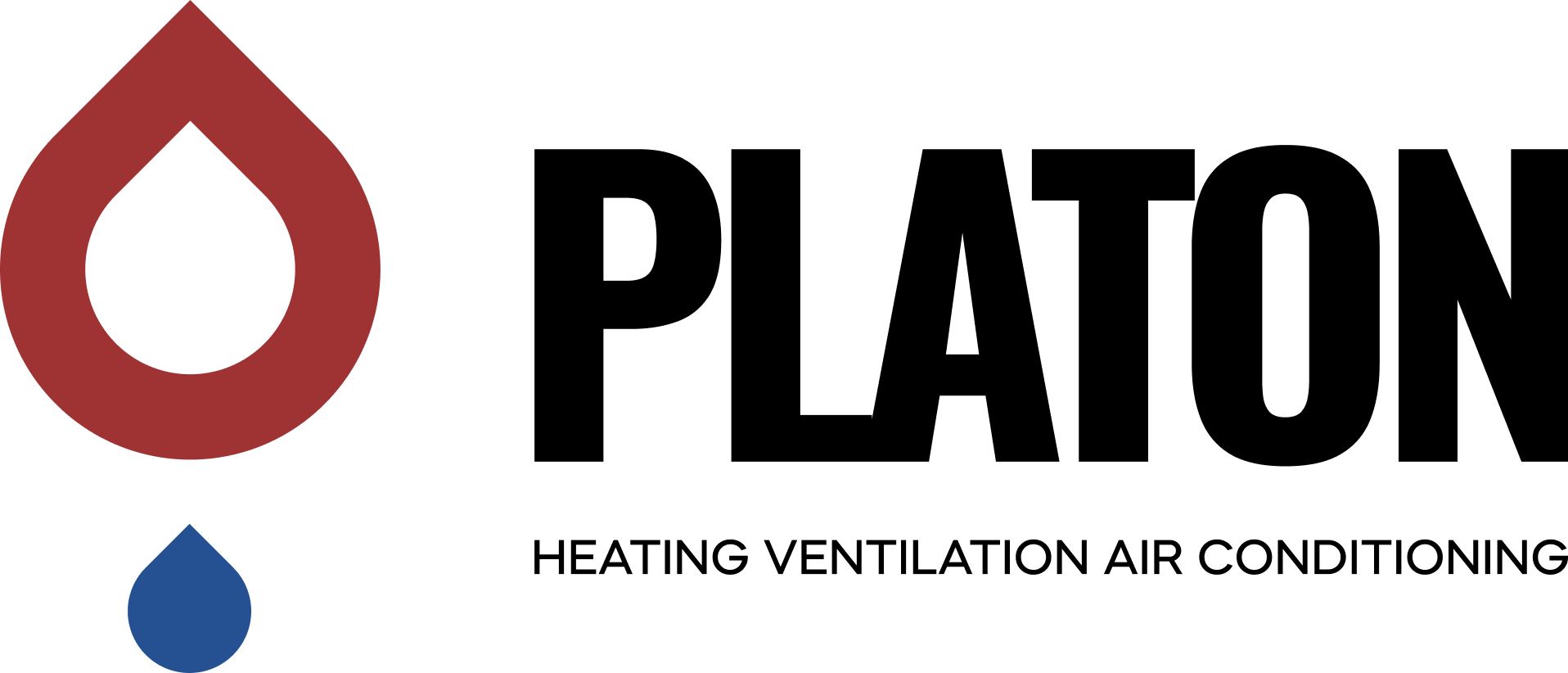
Why Does Poor Insulation Increase HVAC Costs?
If your home has poor insulation, you could be losing significant money on heating and cooling. Insufficient insulation allows heat to escape in the winter and enter during the summer, making your HVAC system work harder. This leads to higher energy consumption, increased wear and tear on your system, and ultimately, higher energy costs.
How Insulation Affects HVAC Efficiency
Proper insulation plays a crucial role in HVAC efficiency by:
- Reducing heat loss and gain, stabilizing indoor temperatures.
- Minimizing HVAC system strain, extending its lifespan.
- Lowering energy bills, making your home more cost-efficient.
Without effective insulation, your HVAC system must compensate for temperature fluctuations, leading to higher energy bills and reduced system performance.
Best Insulation Materials for Energy Efficiency
Choosing the right insulation materials is key to improving energy efficiency. The best options include:
- Fiberglass insulation – Affordable and widely used.
- Spray foam insulation – Provides superior air sealing.
- Cellulose insulation – Eco-friendly and effective for older homes.
- Rigid foam boards – Ideal for exterior insulation upgrades.
Each material has its advantages depending on your climate and specific energy-saving needs.
How to Improve HVAC Efficiency with Proper Insulation
To maximize HVAC efficiency, consider these steps:
- Inspect your current insulation – Look for gaps, moisture damage, or settling.
- Upgrade attic insulation – The attic is a primary source of heat loss.
- Seal air leaks – Use weather stripping and caulk to close gaps around doors and windows.
- Insulate ductwork – Properly insulated ducts prevent heat loss.
- Consult a professional – An expert can assess and recommend the best insulation improvements.
Frequently Asked Questions (FAQs)
How much can proper insulation save on energy bills?
Proper insulation can reduce energy bills by up to 20-30%, depending on your home’s current efficiency level.
What’s the best insulation type for my climate?
- Cold climates: Spray foam or fiberglass batt insulation.
- Hot climates: Reflective insulation or rigid foam boards.
- Mixed climates: A combination of materials suited to seasonal variations.
Can I improve insulation without major renovations?
Yes! Simple upgrades like adding weather stripping, sealing air leaks, and enhancing attic insulation can significantly improve efficiency.
How often should I inspect or upgrade insulation?
Insulation should be checked every few years, especially if you notice temperature inconsistencies, rising energy bills, or drafty areas.
Final Thoughts
Investing in proper insulation is one of the most effective ways to enhance HVAC efficiency, lower energy costs, and improve system performance. If your home isn’t properly insulated, you may be wasting money every month. Don’t wait—evaluate your insulation today and start saving!
